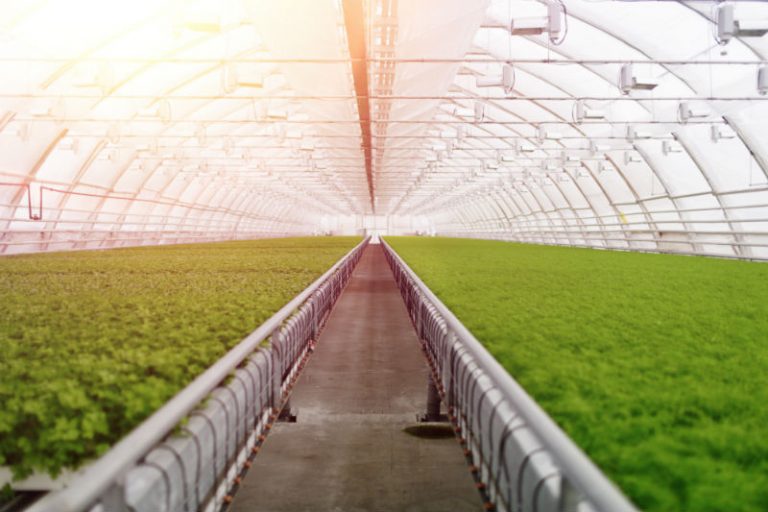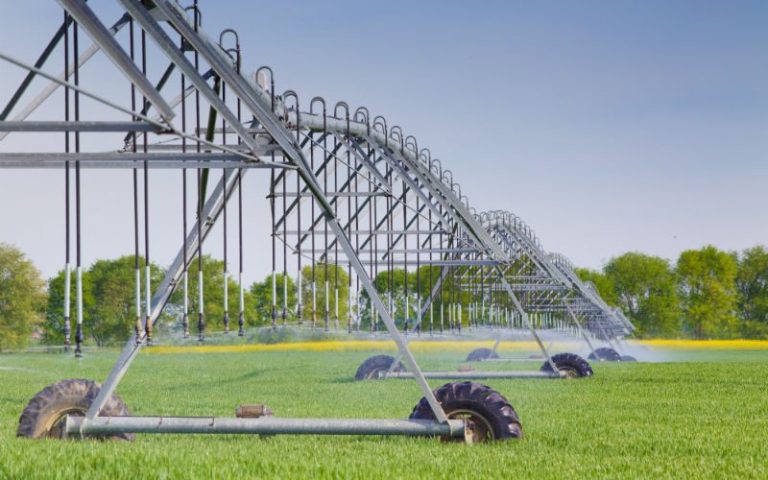Carbon farming has developed as an important strategy for tackling climate change and increasing agricultural productivity. Farmers may lower their carbon footprint while simultaneously improving soil health and fertility by sequestering and storing CO2 from the atmosphere. With a growing emphasis on sustainability, carbon farming is emerging as a potent tool in regenerative agriculture.
How Does Carbon Farming Work?
Carbon farming refers to a variety of agricultural technologies used to capture and store carbon in the soil. Cover cropping, low tillage, agroforestry, and composting are some of the techniques used. Each strategy helps with carbon sequestration by either increasing organic matter in the soil or lowering carbon emissions into the atmosphere. Over time, these approaches enhance soil structure, water retention, and biodiversity, resulting in healthier ecosystems and more resilient farmlands.
Benefits of Carbon Farming
One of the key benefits of carbon farming is its ability to combat climate change by lowering greenhouse gas emissions. Carbon farming helps to minimize the consequences of rising global temperatures by storing carbon in the soil. Furthermore, it promotes sustainable agriculture by improving soil health, resulting in higher crop yields and less dependency on chemical inputs.
Carbon Farming and Regenerative Agriculture
Regenerative agriculture, a comprehensive farming approach that focuses on restoring soil health and ecological balance, inextricably links to carbon farming. Farmers who incorporate carbon farming strategies can dramatically improve the regenerative impacts of their businesses. This technique boosts agricultural productivity while simultaneously promoting long-term sustainability. With the increased demand for environmentally friendly solutions, carbon farming is emerging as a critical component of future agriculture methods.
Partnering with Innovative Solutions
One of the most exciting developments in carbon farming is the creation of biological inoculants that promote plant growth and soil health. These inoculants improve the natural processes of carbon sequestration, giving farmers a powerful tool for maximizing their sustainability efforts. Biological inoculants, obtained from naturally existing organisms, improve plant resistance and nutrient uptake, resulting in healthier crops and more efficient carbon storage.
A Leading Force in Advancing Sustainable and Efficient Farming Practices: Groundwork BioAg
Groundwork BioAg, a leader in sustainable agricultural solutions, offers cutting-edge biological inoculants to improve the efficiency of carbon farming. They designs their products to enhance soil health, boost crop yields, and foster long-term agricultural sustainability. They remains committed to innovation and environmental stewardship, assisting farmers on their path to regenerative agriculture and a sustainable future. Visit them to learn more about sustainable farming practices and how their products can assist you in your carbon farming endeavor.


